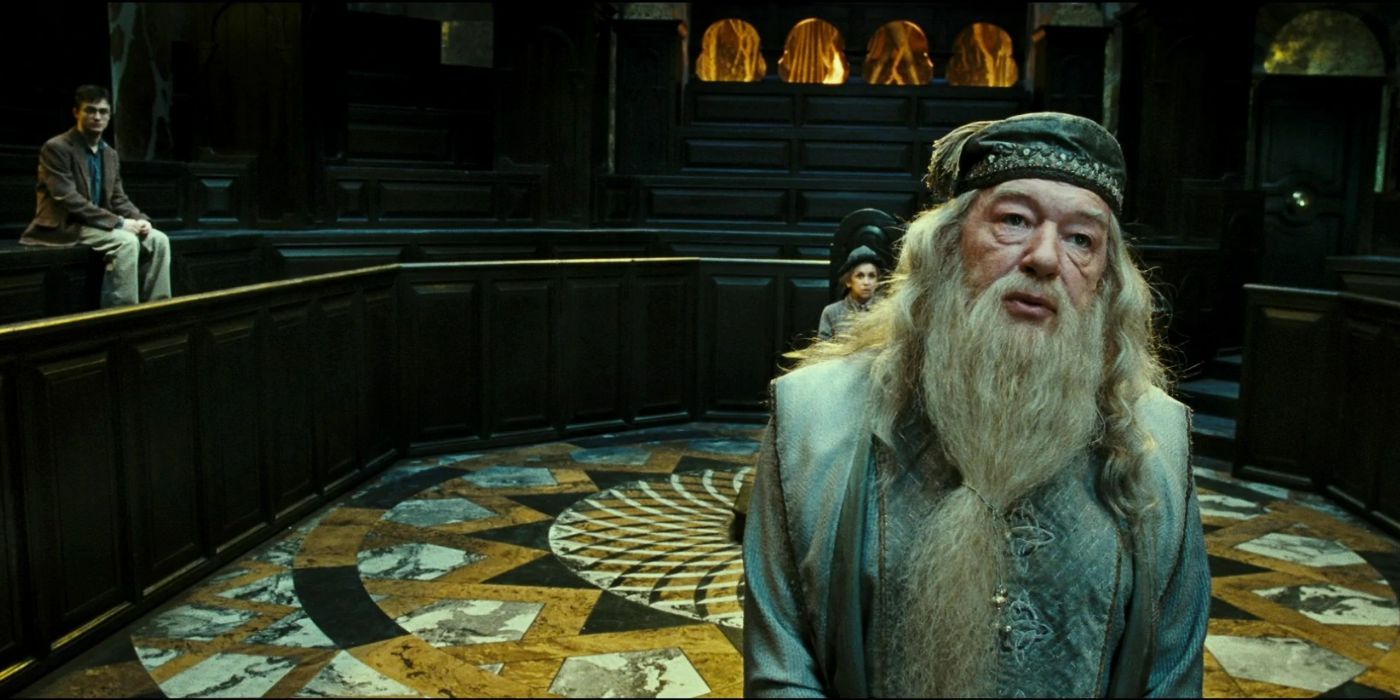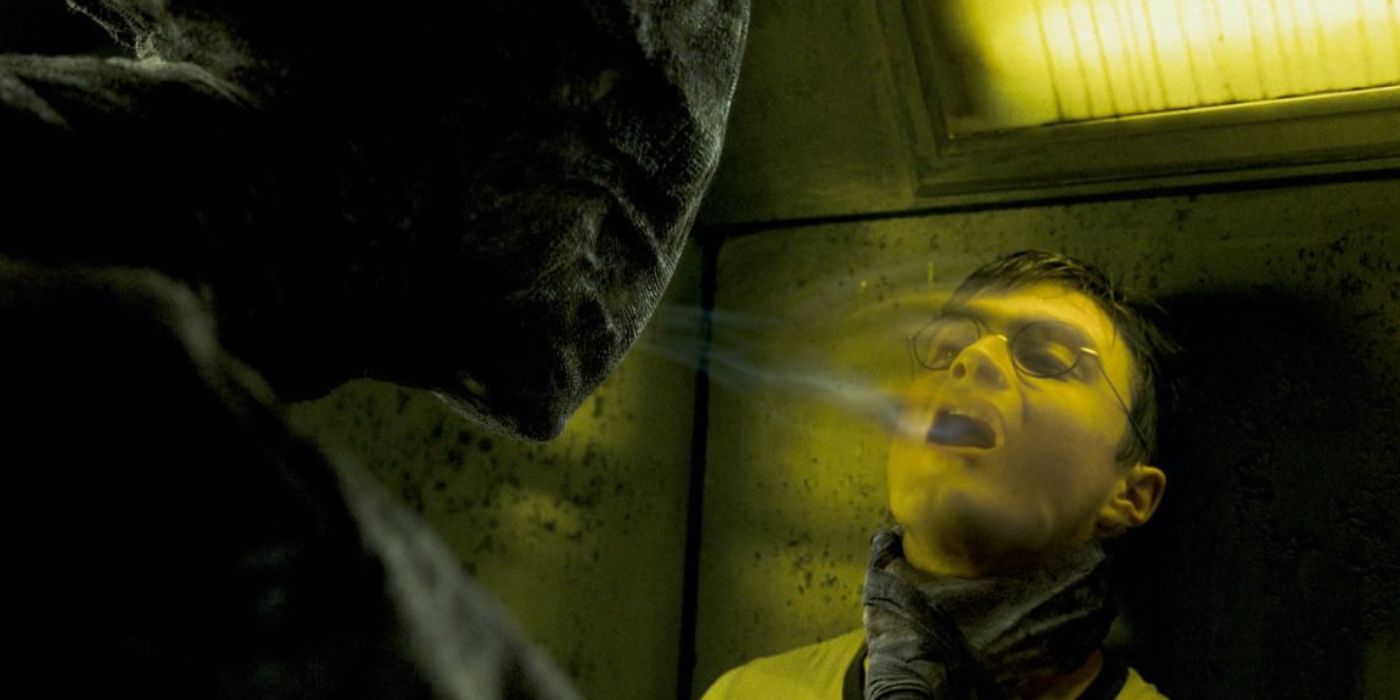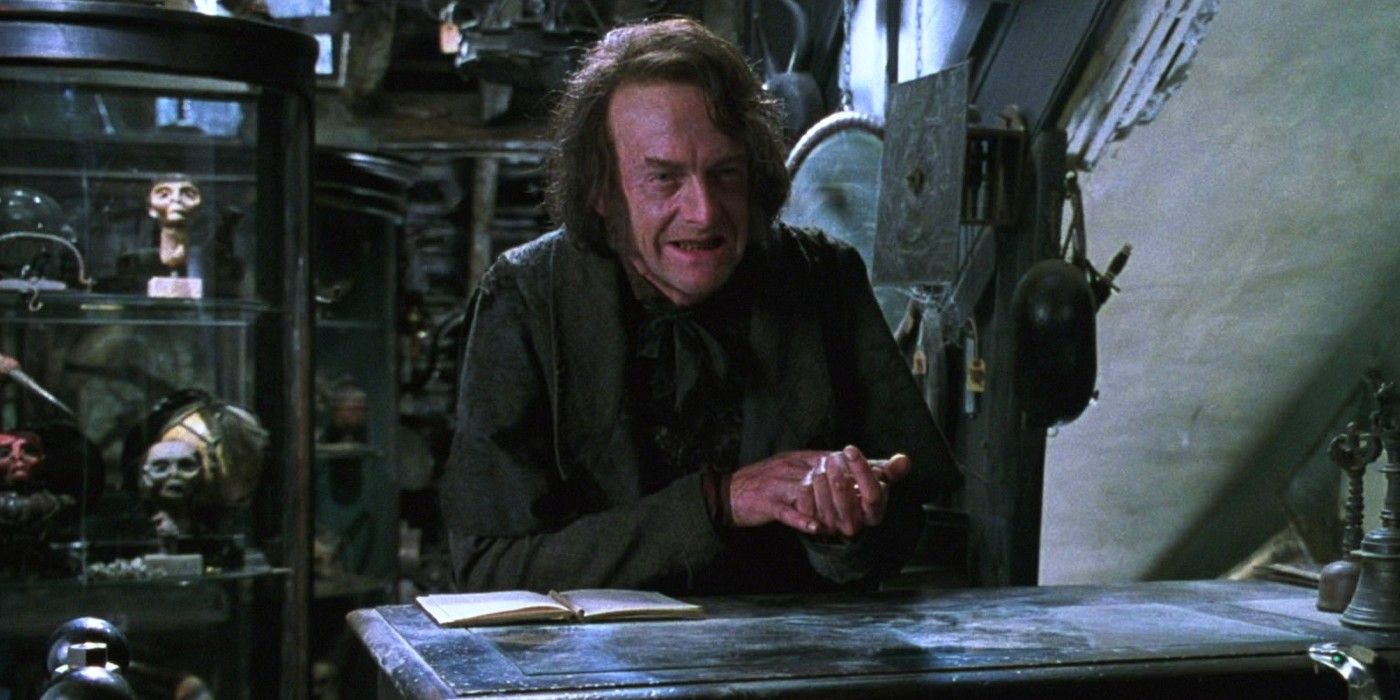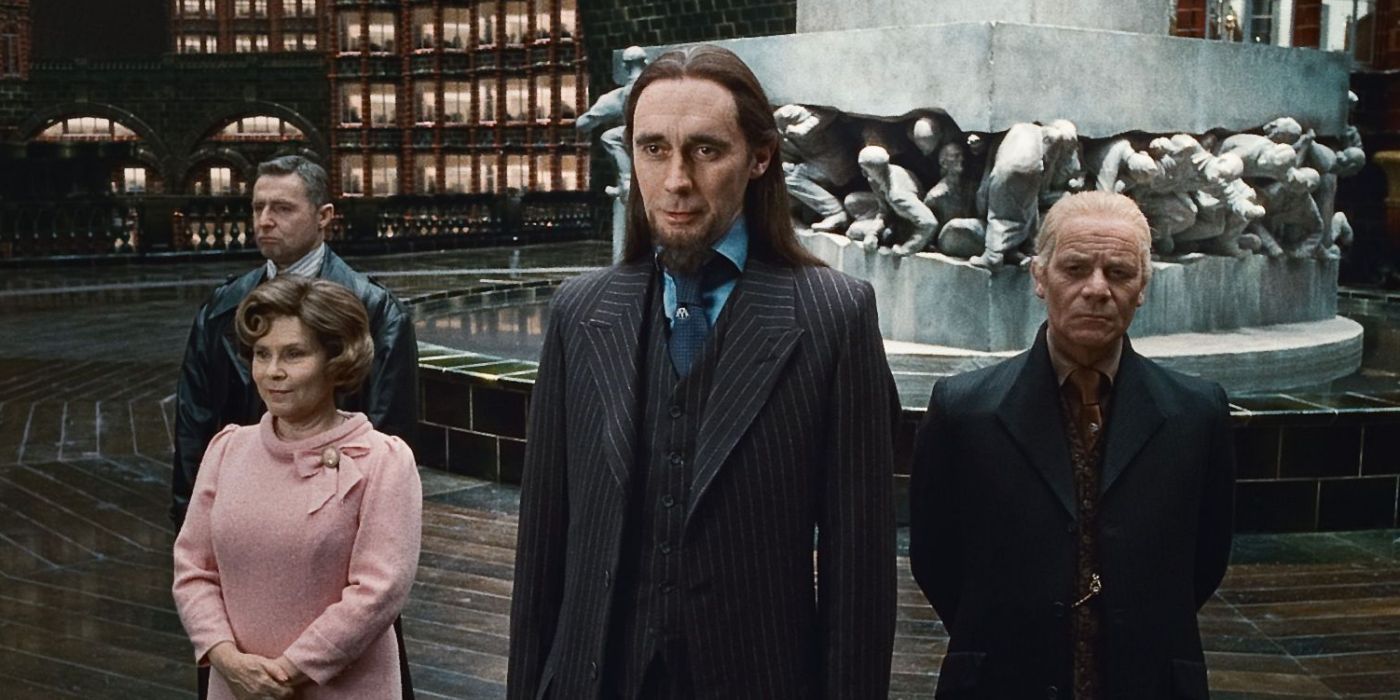The expected February 2023 release of the Harry Potter video game Hogwarts Legacy is fast approaching, and fans are eager to finally discover all the opportunities the game will hold. Trailers have teased a fully open world, allowing players to explore the nooks and crannies of Hogwarts, Hogsmeade, and possibly other famous locations of the wizarding world.
One such off-campus location that might be fun to explore is the Ministry of Magic. The secret building houses the wizarding government's various departments and is where the deepest magical mysteries are explored. This means that the Ministry was at the center of several exciting and complex plotlines in Harry Potter, but some of these seem to have questionable holes. From the ease at which Harry and co. could break into the government building, to the laws and regulations that the departments upheld, the stories surrounding the Ministry of Magic can sometimes make little sense.
Ministry of Magic Security Is Too Easy To Outsmart
Harry and his friends first broke into the Ministry of Magic in Order of the Phoenix while they were only about 15 years old. It could be argued that Voldemort and the Death eaters secretly assisted them, but this defense cannot be used when they later committed the crime again in Deathly Hallows.
This time, Harry snuck in while he was considered "Undesirable No.1," and it wasn't even his unique Invisibility Cloak that allowed him to do it— just Polyjuice potion. It seems that the Ministry has a lot of work to do regarding security, which it should take much more seriously.
The Ministry's Public Entrances Are Redundant
All three times that Harry entered the Ministry of Magic, he used the complicated public entrances. There seem to be multiple ways to enter, each of them quirky and magical. The first time, Harry was lowered into the building in a Muggle telephone box, while later, he had to flush himself down a public toilet.
These were fun elements, but they were far more conspicuous than a simple door that requires a wand to enter. There is always a chance of a Muggle spotting a wizard dropping below the phone booth floor or noticing that people that enter the public bathroom don't come out. Ultimately, less flashy methods would have worked just fine.
Underage Wizarding Laws Don't Add Up
Chamber of Secrets is the first instance in which Harry gets in trouble for using magic outside of school– one of the worst things the Ministry did to Harry in Harry Potter. But, later in Deathly Hallows, Harry is surprised to learn that the Ministry can only spot when a Muggle-raised student is using magic.
This means that Harry took the blame any time magic was used near the Dursley house– no questions asked. It doesn't matter that an adult wizard could easily have come to visit the famous Harry Potter or even any of Mrs. Figg's magical relatives. It's just too weak a system to enforce and only really serves to drive the plot.
There Is No Reason Arthur Weasley's Office Should Be So Small
When Harry first comes to the Ministry of Magic, he sees Arthur Weasley's office and is surprised to discover that it is barely larger than a closet. It is a sign of Arthur's low status within the Ministry and another reminder that the hierarchy within the government is all about money.
Still, even as a lower-tier worker, it seems strange that Arthur would be stuck in such a small office. In the wizarding world, time and space are a little more flexible, as seen with the huge inside of the Weasley's tiny camping tent. It should have only taken the wave of a wand to give Arthur more room, but then audiences wouldn't have seen his mistreatment.
The Destruction Of The Time-Turners Was Too Easy A Plot Solution
In Prisoner of Azkaban, Harry learns about the existence of Time-Turners, and he and Hermione use one to go back in time and save Sirius and Buckbeak. The only issue is that the little devices could have fixed every subsequent conflict thereafter. So author J.K. Rowling destroyed them all at the Department of Mysteries in Order of the Phoenix.
Even with this fix, several things about the government's use of Time-Turners don't make sense. First, they are kept under lock and key, yet they allow a 13-year-old girl to use one freely. Second, when the department's collection was destroyed, it was decided that no others could possibly exist, though there were surely more in circulation. Add the fact that Albus Potter and Scorpius Malfoy miraculously found one to use in Cursed Child, and it just seems like a significant issue in the plot.
The Jobs Within The Ministry Of Magic Don't Seem Sustainable
Almost every career in Harry Potter's wizarding world is within the Ministry of Magic. The exception is shop jobs, such as Fred and George Weasley's joke shop or Mr. Olivander's wand-making business. Outside of these, families have no choice but to work for the government.
This means that most of the wizarding economy stems directly from the Ministry. Additionally, after massive losses like those seen in the First Wizarding War, the Ministry would have difficulty staying afloat. This might be part of why Voldemort had such an easy time taking over, but it still seems like this system would have struggled to function even in the good times.
The Wizarding Legal System Constantly Fails But Isn't Reevaluated
In Prisoner of Azkaban, Harry learns that Sirius Black, summed up in Harry Potter by his misfortune, had spent several years in prison for a crime he didn't commit. The following year, he sees that a Death Eater was released entirely, all because he had turned over a couple of names. Finally, in Order of the Phoenix, Harry finds himself in a wizarding courtroom and sees the chaos that is the magical justice system first hand.
With magic at its disposal, the Ministry of Magic should be able to manage better than a simple judicial system, especially one full of bias. Had the Wizengamot wished to throw Harry in Azkaban, or if Dumbledore hadn't shown up, Harry would have been powerless to escape their unfair justice.
Using The Dementors Never Made Sense
Wizards like Dumbledore were adamant that the Dementors could not be trusted, and he was proven right. The creatures are made from pure misery, and their only interest is to feed on the fears of their victims. It should have never been a surprise that they would shift to Voldemort's side.
What is even worse is the use of Dementors as prison guards. The creatures are blind and can sense only illness and desperation. This allowed both Barty Crouch Jr and Sirius Black to escape, and those are only the ones Harry learned about. There could have been more, and no one would be the wiser.
The Regulations On Magical Objects Is Inconsistent
In Chamber of Secrets, Lucius Malfoy comes to the Knockturn Alley shop, Borgin and Burkes, to sell some items that might get him in trouble if Arthur's department at the Ministry raided his house. This isn't the only time that the Malfoy family in Harry Potter did business here since years later, Draco would purchase the cursed necklace and Vanishing Cabinet from Mr. Borgin.
The strange thing is: how is Borgin and Burkes allowed to be open and sell dangerous items while the Ministry is raiding wizarding homes looking for such objects? It might be understandable if Borgin and Burkes sold risky merchandise on the side, but they do it right in the open for any Ministry official to see.
Voldemort Controlling The Minister For Magic Did Him No Favors
Once Voldemort had gotten rid of Rufus Scrimgeour, he placed his stooge, Pius Thicknesse, on the proverbial throne. Harry asked why Voldemort didn't just make himself Minister, and Lupin answered that Voldemort had no reason to do so. The government was still entirely in his control.
Still, given that Voldemort aimed to be a Lord, it made little sense for him to rule from the shadows. He could have restructured the Ministry of Magic entirely and made himself a king if he wanted. Instead, he stayed hidden and ultimately achieved very little regarding his big plans for Muggle domination. This was good luck for Harry, but just unrealistic planning for Voldemort.

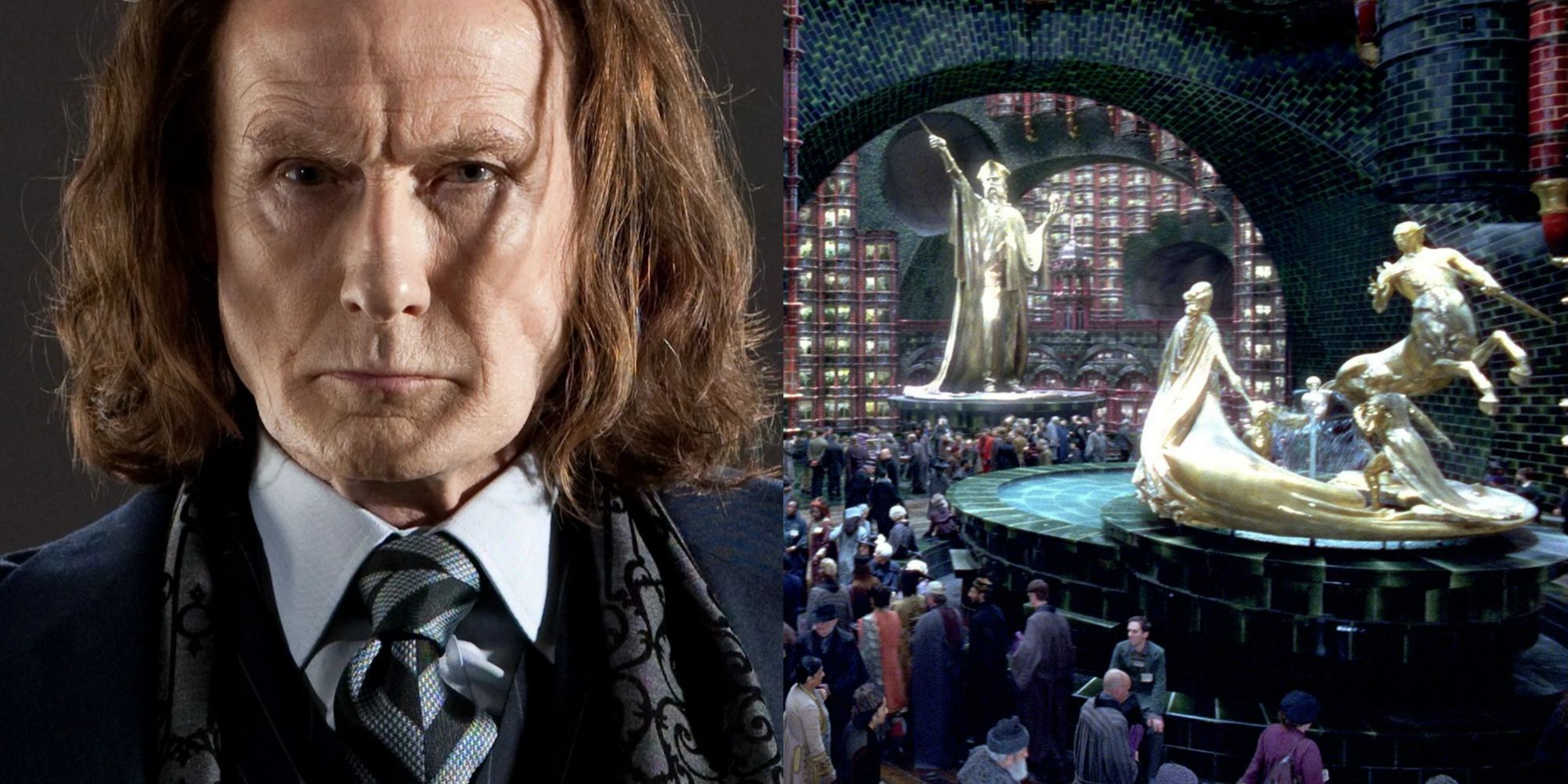
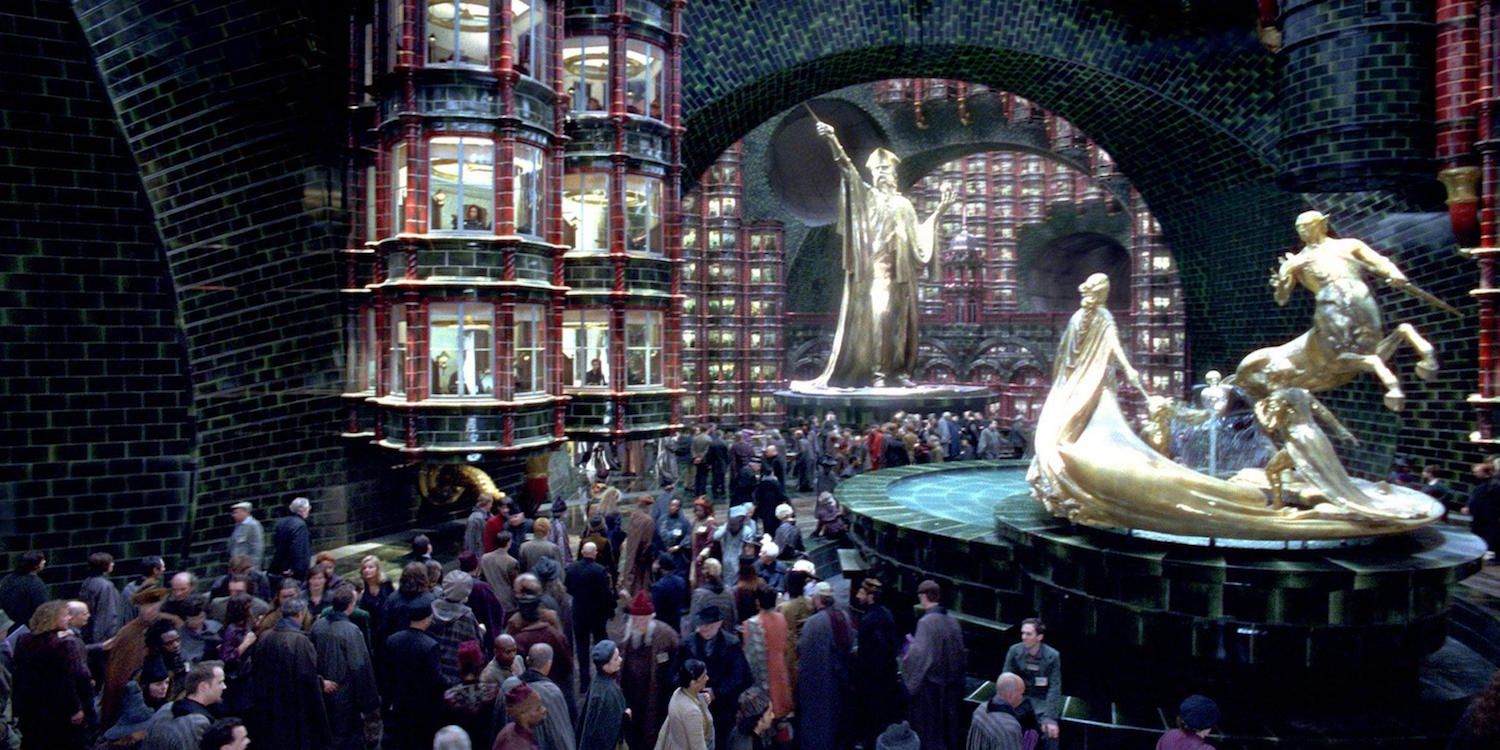
.jpg)
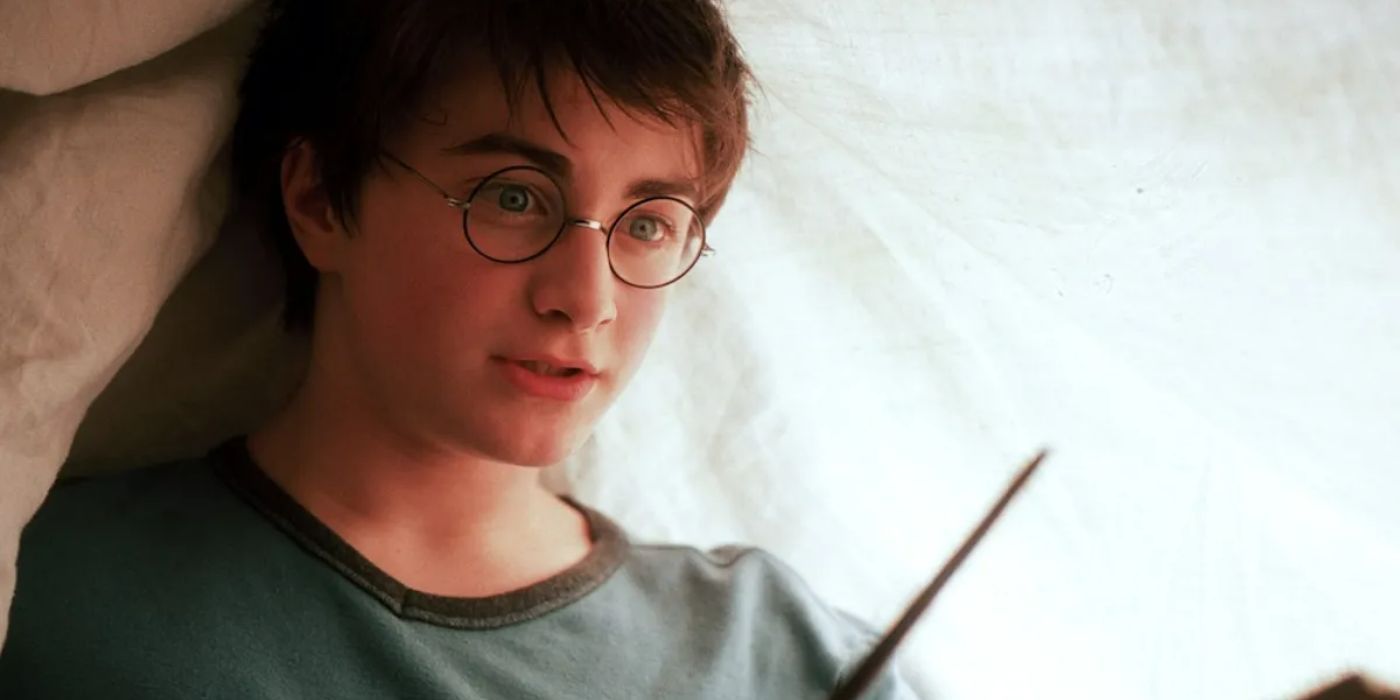
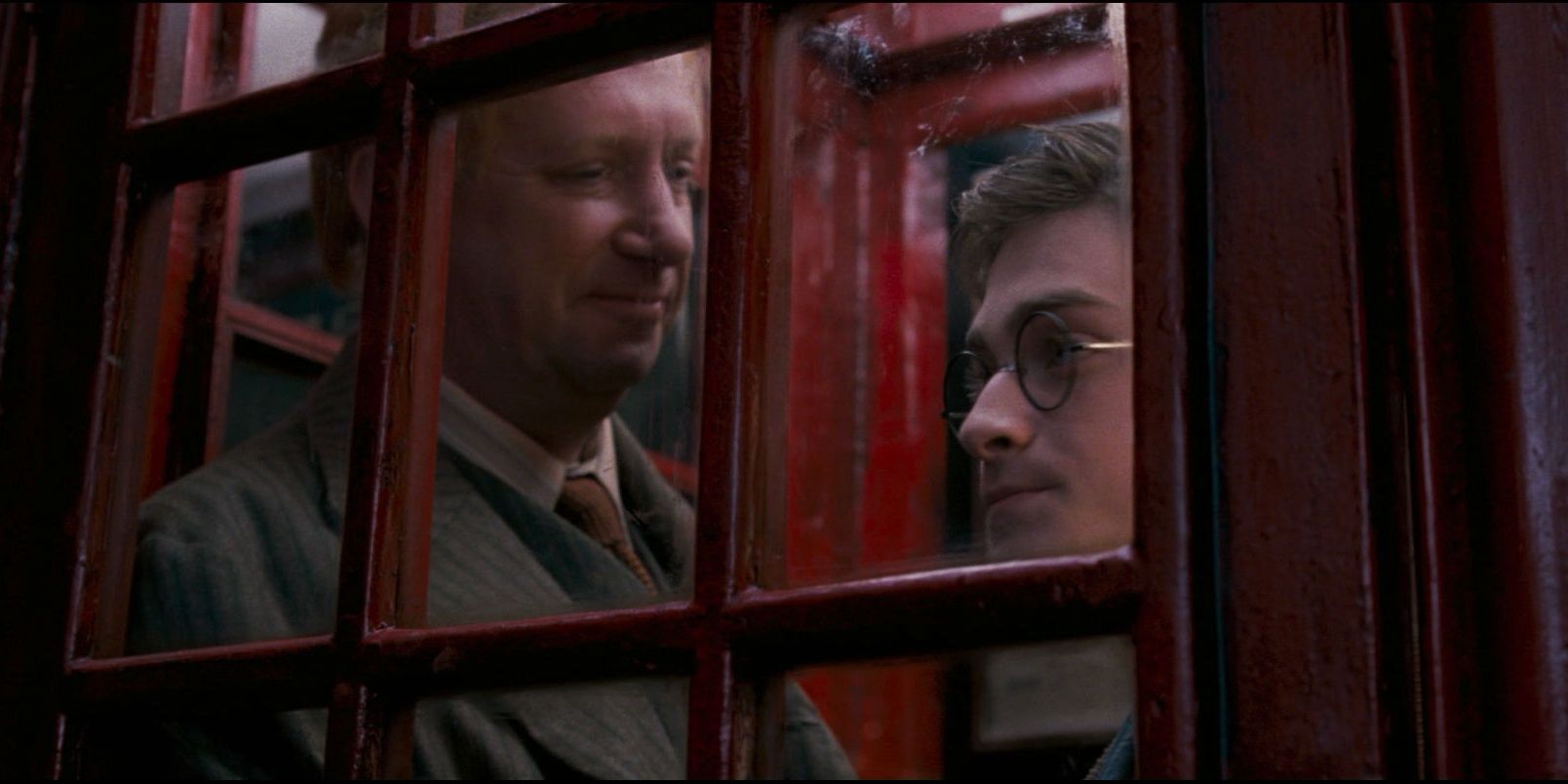
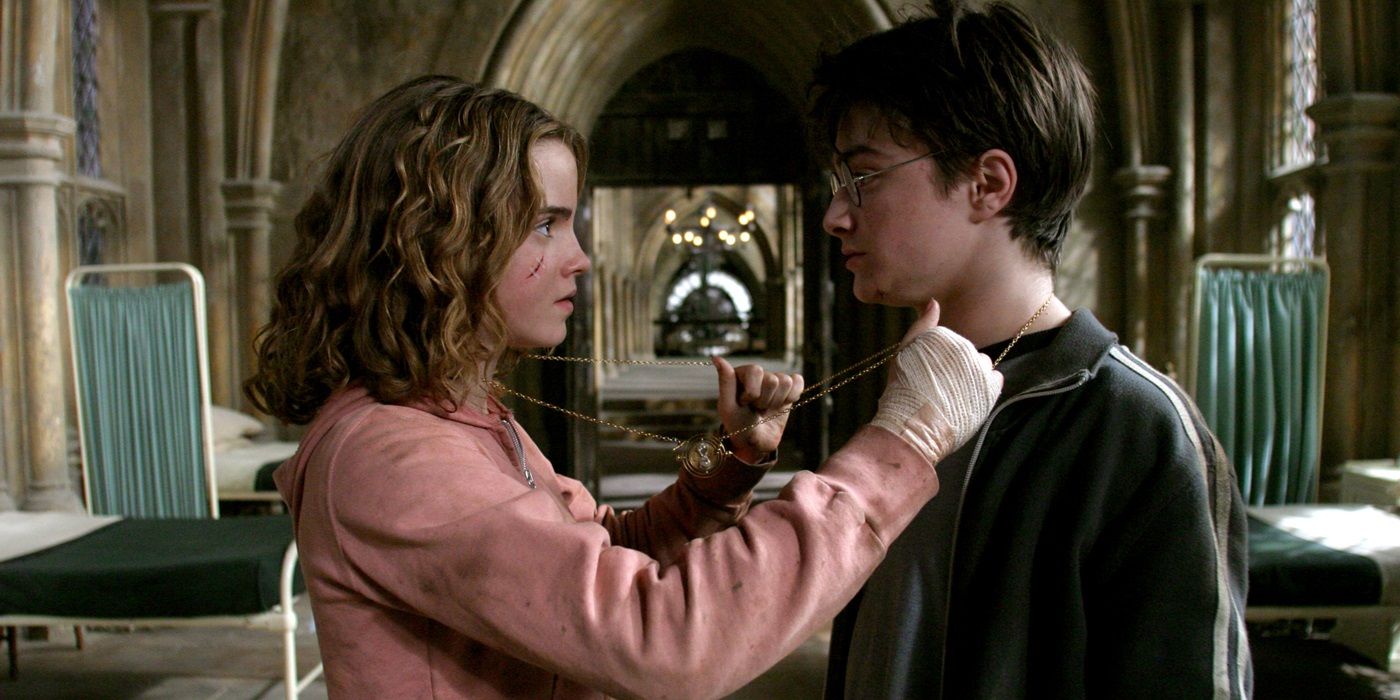
.jpg)
